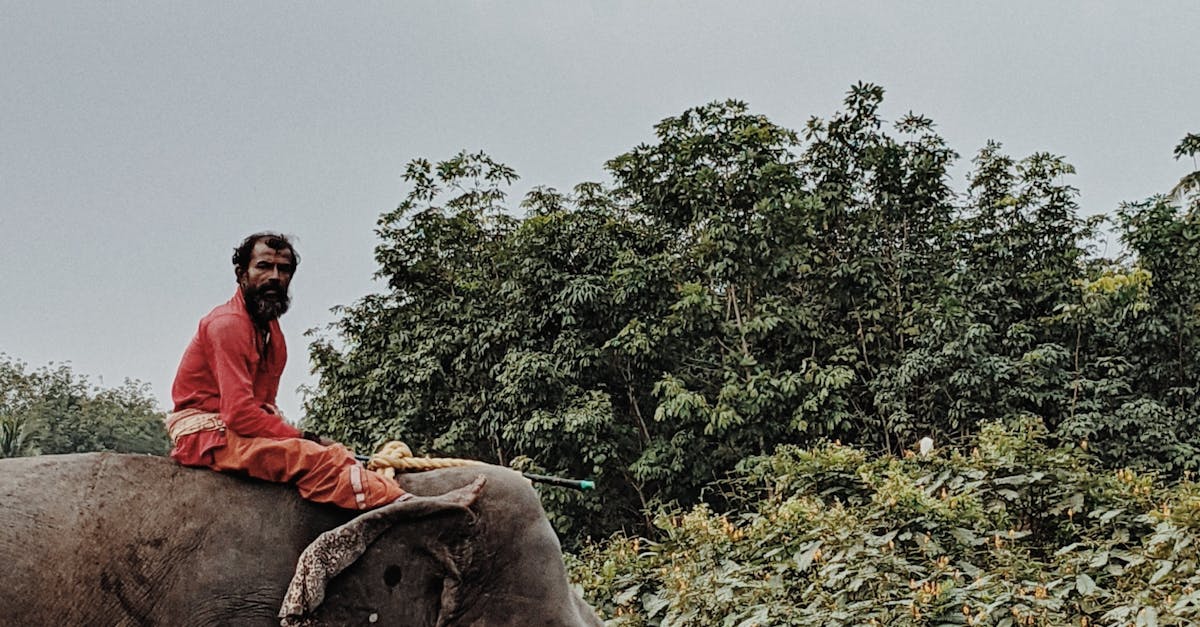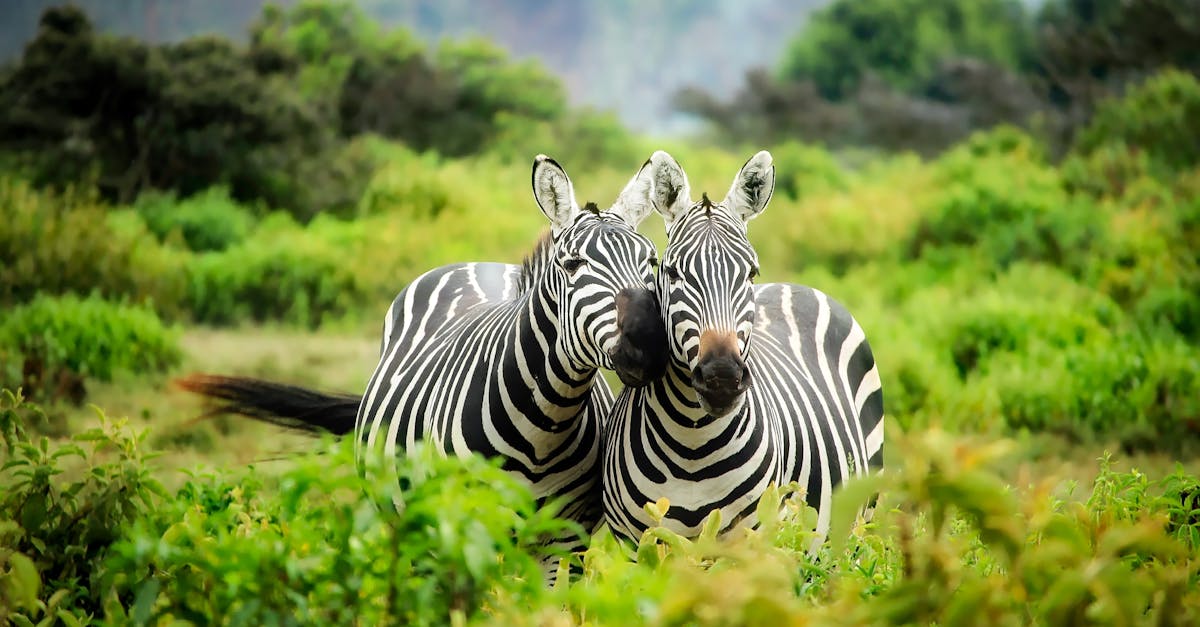An Unlikely Bond: Safari Animals and Humans
Imagine if you could have a lion, a giraffe, or even an elephant as a pet. It sounds like a wild fantasy, doesn’t it? Yet, for some, this is a reality. While it’s common knowledge that domesticated animals like dogs and cats make great pets, the idea of keeping safari animals as companions is a topic that sparks curiosity and controversy alike.
The reality is, the relationship between humans and safari animals is complex and multifaceted. From conservation efforts to personal companionship, these majestic creatures have found their way into human lives in unexpected ways. In this blog post, we’ll delve into the hidden world of safari animals as pets, exploring the challenges, benefits, and ethical considerations that come with such an unusual bond.
The Allure of the Exotic
Why Safari Animals?
I’ve always thought that the allure of safari animals lies in their sheer majesty and the sense of adventure they evoke. Picture this: a cheetah lounging in your backyard or a zebra grazing peacefully as you sip your morning coffee. It’s no surprise that the idea of owning such exotic pets captivates the imagination.
However, it’s important to understand that owning a safari animal is not just about the novelty. These animals often require specialized care, environments, and diets that are vastly different from those of typical domesticated pets. Speaking from experience, the commitment to their well-being is significant.
The Challenges and Responsibilities
If you’re like me, you may already know that the challenges of keeping safari animals as pets are immense. Here’s a thought: what does it take to care for a lion or an elephant?
- Space: These animals need vast spaces to roam and exercise. A backyard simply won’t suffice.
- Diet: Their dietary needs are specific and often expensive. For instance, a lion’s diet primarily consists of raw meat, which can be both costly and difficult to source.
- Veterinary Care: Exotic animals require specialized veterinary care, which can be hard to find and expensive.
- Legal Considerations: Many places have strict regulations regarding the ownership of exotic animals. It’s crucial to be aware of and comply with these laws to avoid legal repercussions.
Ethical Considerations
Conservation vs. Companionship
One time, I was just thinking about the ethical implications of keeping safari animals as pets. On that note, it’s clear that there are significant concerns. Many conservationists argue that these animals belong in the wild, where they can contribute to their ecosystems and live natural lives.
However, there are instances where keeping these animals in captivity can aid in conservation efforts. For example, breeding programs for endangered species can help increase population numbers. Personally, I’ve found that the key is to strike a balance between conservation and companionship, ensuring that the animals’ welfare is always the top priority.
The Role of Sanctuaries
What I’ve noticed is that sanctuaries play a crucial role in providing a safe and natural environment for safari animals that cannot be released back into the wild. These sanctuaries often offer an alternative to private ownership, allowing people to support and interact with these animals in a more ethical manner.
The Benefits of Human-Animal Bonds
Emotional and Psychological Impact
Speaking from experience, the bond between humans and animals can be incredibly enriching. Imagine if you could form a deep connection with a creature as magnificent as a lion or an elephant. The emotional and psychological benefits of such relationships are profound.
- Emotional Support: Animals can provide companionship and emotional support, helping to reduce stress and anxiety.
- Educational Opportunities: Interacting with exotic animals can offer unique educational experiences, fostering a greater appreciation for wildlife and conservation.
Real-Life Examples
I’ve been meaning to share some real-life stories that highlight the unique bonds between humans and safari animals.
- Koko the Gorilla: Koko was famous for her ability to communicate using sign language, forming a deep bond with her caretakers.
- Christian the Lion: Raised by two men in London, Christian was later released into the wild but never forgot his human friends, showcasing the lasting impact of human-animal relationships.
The Legal Landscape
Navigating Regulations
If you ask me, understanding the legal landscape is crucial for anyone considering owning a safari animal. Regulations vary widely depending on the country and even the state.
- Permits: Many places require special permits to own exotic animals.
- Inspections: Regular inspections may be conducted to ensure the animals are being cared for properly.
- Transport: Moving these animals across borders can be highly regulated and complex.
Responsible Ownership
I’ve come to realize that responsible ownership involves more than just meeting legal requirements. It’s about ensuring the well-being and happiness of the animal. This might sound strange, but it’s a commitment that requires time, resources, and a deep understanding of the animal’s needs.
The Future of Safari Animals as Pets
Technological Advances
What’s fascinating is how technology is shaping the future of exotic animal care. From advanced veterinary treatments to virtual reality experiences that allow people to interact with these animals without physical contact, the possibilities are expanding.
Ethical Breeding Programs
Ethical breeding programs are another promising avenue. These programs aim to preserve genetic diversity and prevent the exploitation of animals. By supporting such initiatives, individuals can contribute to conservation efforts while still enjoying the companionship of exotic animals.
Final Thoughts: A Balanced Perspective
I can’t help but think that the world of safari animals as pets is a complex and nuanced one. It’s interesting how the allure of these majestic creatures can lead to both positive and negative outcomes.
The truth is, while the idea of owning a safari animal may be appealing, it comes with significant responsibilities and ethical considerations. Personally, I’ve found that supporting sanctuaries and conservation efforts is a more sustainable and ethical way to interact with these incredible animals.
If you’re passionate about safari animals, consider visiting a sanctuary, supporting conservation programs, or even participating in virtual experiences that allow you to appreciate these creatures without the challenges of ownership. It goes to show that there are many ways to form meaningful connections with wildlife while prioritizing their well-being.
In conclusion, the hidden world of safari animals as beloved pets is a topic that invites both fascination and reflection. By understanding the complexities involved, we can make informed decisions that benefit both humans and the animals we cherish.

















